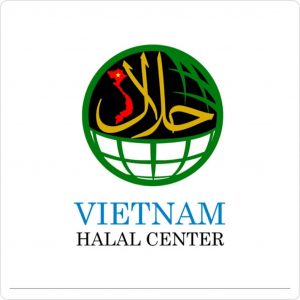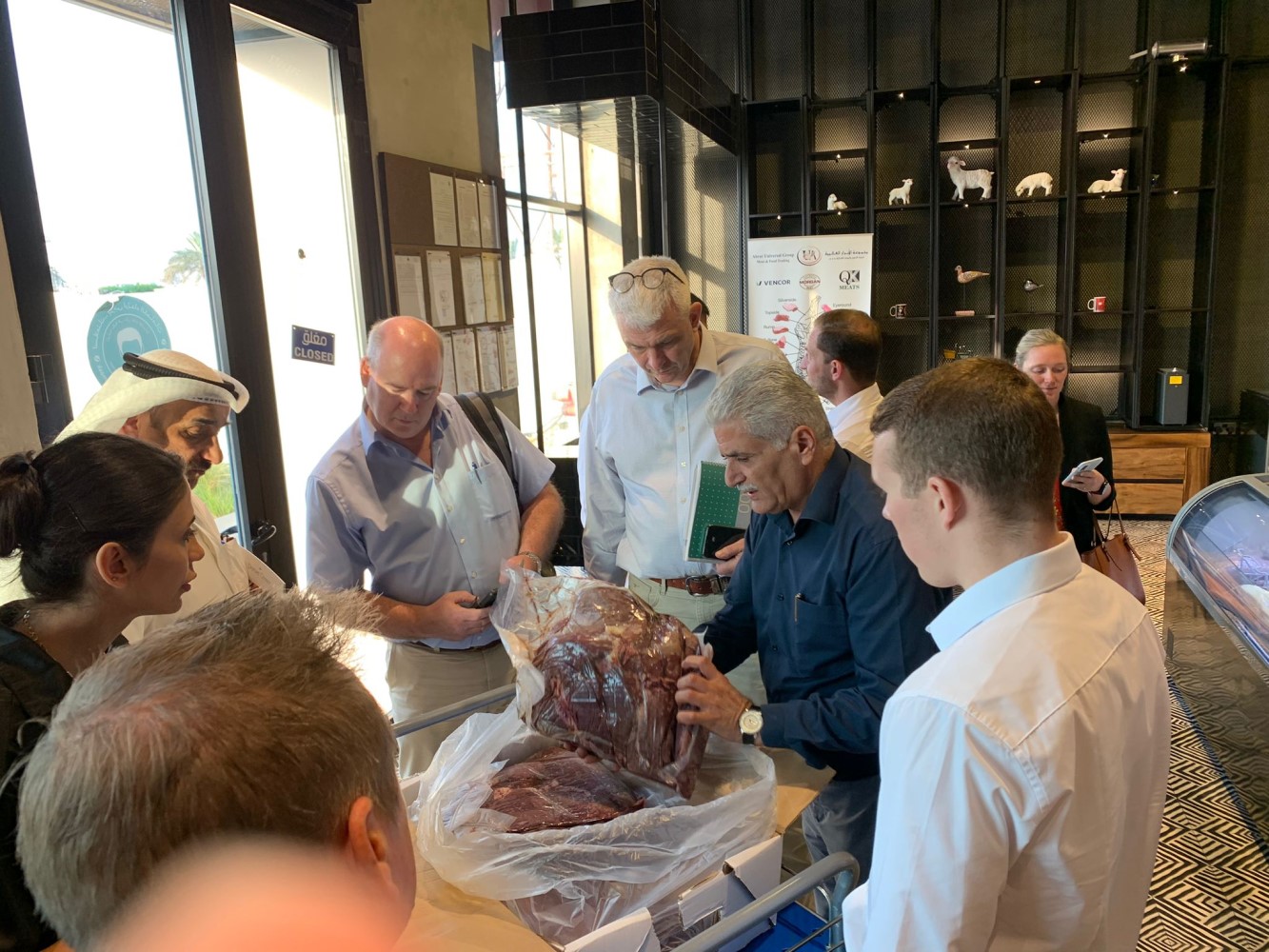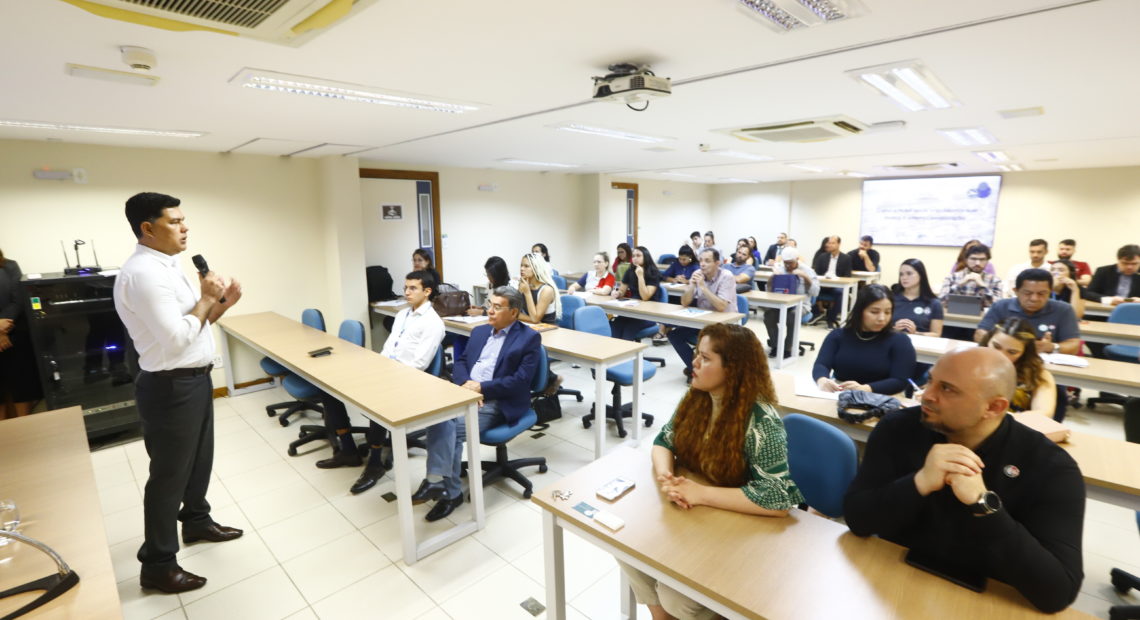Certification for various products, including non-foodstuffs, heightens the chance of selling to more demanding Islamic consumers. The subject was discussed during a lecture in São Paulo.
São Paulo – Halal certification, which attests that products are in accordance with Islamic rule, broadens the opportunities to export to Muslim countries where consumers are pickier. Besides food items like poultry and beef, a bevy of foodstuffs can bear the halal seal, as can cosmetics and pharmaceuticals.
 Mansour: Brazil fails to even tap 20% of halal market potential
Mansour: Brazil fails to even tap 20% of halal market potentialThis was the take-home point of lecture Potentialities of the Halal Market, delivered by Tamer Mansour, the Government Relations manager of Arab Brazilian Chamber of Commerce, this Wednesday (27th) in São Paulo. Attendees included entrepreneurs and executives from various areas. The lecture was also attended by the Arab Chamber’s CEO Michel Alaby and Foreign Trade vice president Rubens Hannun.
“Presently, Brazil is the world’s leading halal food producing country, but doesn’t tap into as much as 20% of this market’s full potentiality,” Mansour noted. The executive said Brazil already “understands and respects the meaning of halal,” but is yet to take full advantage of the opportunities this market has to offer. There are 1.7 billion Muslims worldwide.
The concept of halal, he explained, encompasses everything that is licit in Muslim living and rules out prohibited ingredients like alcohol and pig meat. But this doesn’t apply to consumption of these products pure and simple: the prohibition also applies to any item whose manufacturing involves pork- or alcohol-based material.
“We need to prove that the goods have undergone thorough sanitary inspection to make sure they did not come into contact with prohibited products,” Mansour said regarding the necessary care in manufacturing items, food or otherwise, so they can be considered halal. “No process in the production chain can involve alcohol, pork-based ingredients, or products from animals that were not slaughtered in observance of Islamic precepts,” he said.
Gelatin is one of the items Brazil could sell more of overseas through halal certification. “Brazil is a major producer of [bovine] gelatin, but exports are meager because they require a traceability system to ensure that gelatin production is halal, and we don’t have this system,” he regretted.
Apart from food, items such as cosmetics and pharmaceuticals can also be halal-certified. “Halal cosmetics are alcohol-free,” the executive said.
According to Mansour, there is a vast halal market in Asian countries like Malaysia and Indonesia, among others, where the halal concept is applied to various fields. In Bangkok, for instance, there is a halal hotel. There are no alcoholic beverages in the bedrooms, private beach areas for women and children, and the entire food is certified. “In Brazil there is a 12 million-strong Arab community, but few restaurants serve halal food,” he said, pointing out that there is a broad niche for entrepreneurs to explore.
Another case in point Mansour gave of how halal can lend itself to diverse applications is Netherlands’ Port of Rotterdam, which has a dedicated terminal for halal-certified cargo, preventing contact with goods that are forbidden to Muslims.
*Translated by Gabriel Pomerancblum



